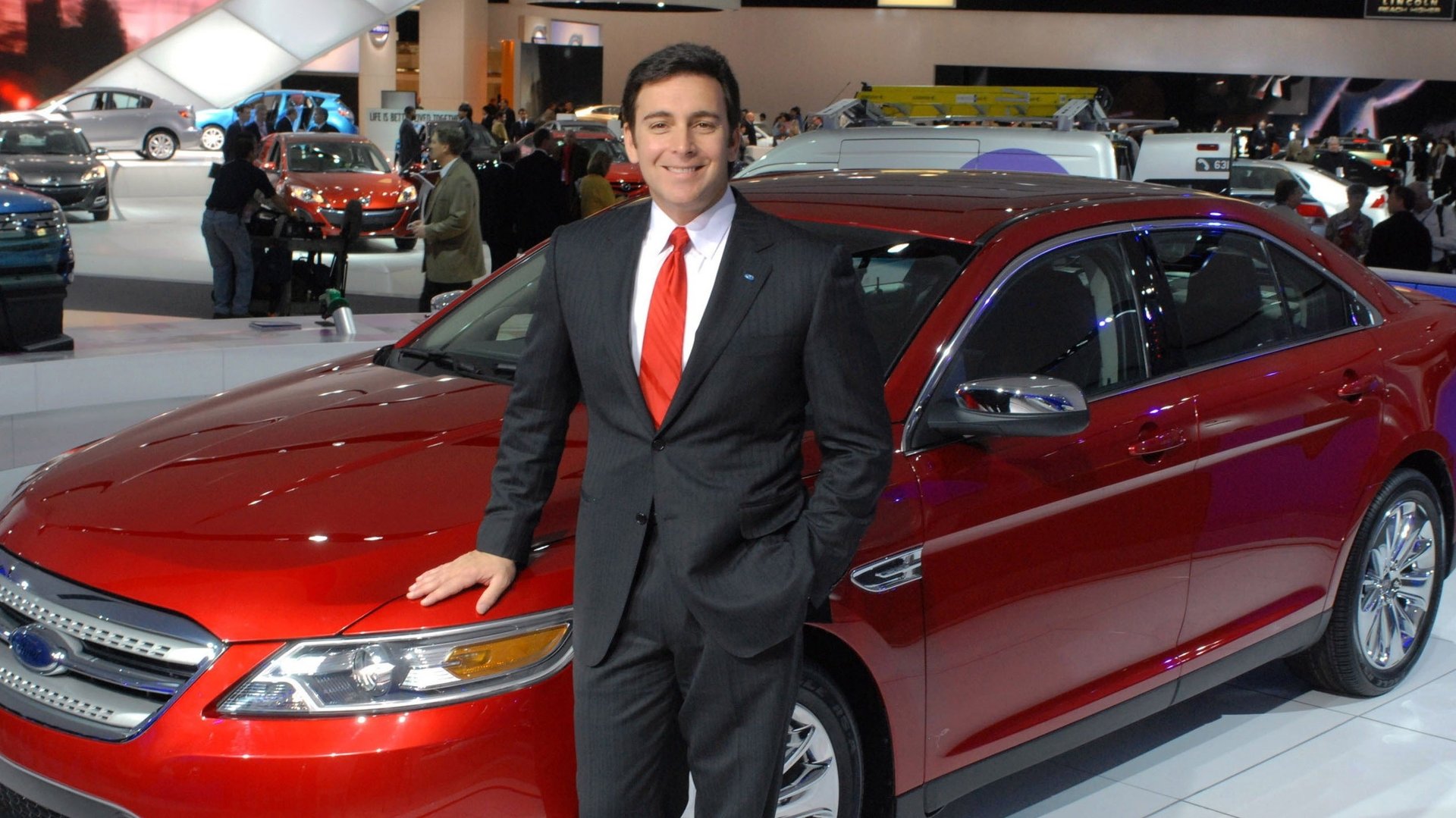How to become a CEO: first learn how to fire people and close things
If you want to be a CEO, it’s time to make sure your resume includes this phrase: “extensive downsizing experience.”


If you want to be a CEO, it’s time to make sure your resume includes this phrase: “extensive downsizing experience.”
Ford Motor Co. yesterday named Mark Fields its new chief operating officer. This makes him the automaker’s unofficial CEO in waiting when current chief Alan Mulally retires in 2014. It’s also no secret that one of Fields’ claim to fame is that he began cutting jobs in 2006, within months of assuming the post of Ford’s president of the Americas. In all, he ended up eliminating 39,000 jobs and closing 16 factories during the economic crisis.And one of his first tasks in his new job will be to do more of the same. He will be closing three more factories in Europe, with the aim of reducing operating costs by $500 million over the next two years.
Fields is hardly the first executive to ascend on the back of downsizing. Home Depot Chief Financial Officer Carol Tomé became an unofficial company MVP and business media darling (the “Home Depot star,” according to CNN Money) after slashing jobs to deal with the housing slump’s effect on the retailer, as well as closing all seven Home Depot stores in China earlier this year.
Is this the stuff new CEOs are made of? Quartz turned to a headhunter to find out if mass firing experience is a must for executive hiring. Not always, says Maurice Toueg, a partner in executive search firm Capstone Partnership, but the downturn has definitely changed what companies look for when recruiting a CEO. Managers must be able to maximize productivity from lean staffs and diminished resources. They must be able to grow big but keep costs small. Ultimately, CEOs are on just as short a leash as everyone else.
Quartz: Do you think that the global economic crisis has led to a trend of hiring executives with downsizing acumen?
Maurice Toueg: You can definitely see that cost control is a huge issues for companies. When a company wants to cut costs, it will sometimes bring in CEOs who have done that for other companies. This is especially true if a private-equity firm has a controlling interest in a company. But with a CEO, a lot of hiring still has to do with wanting marquee names.
Quartz: Does Mark Fields’ appointment to COO surprise you?
Toueg: No, because for one thing, Ford normally promotes from within. A lot of automotive companies do. Allan Mulally’s appointment to Ford CEO in 2006 was actually unusual, because he was brought in from the outside.
Quartz: Are there other trends you’ve seen in CEO hiring that seem to stem from the financial crisis?
Toueg: There is probably more board influence now than there used to be, and if boards get frustrated they have no compunction about throwing out CEOs, as we saw with Vikram Pandit when he was fired from Citicorp. That came way out of left field.
Another big trend driving executive hiring is shareholder activism. If you have frustrated shareholders upset with a company and they’re complaining about it, you are going to have a board actively pressuring a CEO. Procter & Gamble, for example, has had a tough year in terms of stock prices. They had to deal with a shareholder activist named William Ackman, who said he wanted to buy $2 billion in Procter & Gamble shares and that he wanted changes. In that example, the board was very supportive of the CEO, Robert McDonald, so they haven’t done anything. But in general, the trend is that boards keep CEOs on a short leash.
Quartz: Why would any board care so much what a shareholder activist wants?
Toueg: Executive compensation at publicly traded companies has gone up, so shareholders say, “If we’re going to pay you all this money and the stock price doesn’t go higher, we’re just going to rotate you out.” Shareholder activists use an equity stake to put pressure on management. If someone has even less than 10%, that might be enough to launch a successful campaign. The shareholder activist trend has gained popularity .
Quartz: What other hiring predilections have you noticed there weren’t there before?
Toueg: There’s a lot more hiring people with management consulting backgrounds, and fewer from banking backgrounds. Companies are a lot more gun-shy than before on executing mergers and acquisitions. Companies are focusing instead on how to grow, they want someone who can do some percolating, someone who can control costs. They are less interested in buying other companies. So they’d rather hire someone with a consulting background who can do cost-cutting, rather than a banker who can do mergers and acquisitions.
This interview has been edited from the original transcript.